The grain row could strain Polish-Ukrainian relations, as well as expose the weariness of Kiev's allies as the conflict drags on.
Since the beginning of the Russia-Ukraine conflict, Poland has been one of the largest economic and military aid providers to Ukraine. It has taken in millions of Ukrainian refugees, defended Kiev in international forums, and turned its territory into a staging area for Western weapons to the front lines.
But even with the closest of friends, heated arguments can arise.
Late last month, Marcin Przydacz, a foreign policy adviser to President Andrzej Duda, said Ukraine should “start showing appreciation for Polish support,” referring to Kiev as “ungrateful.” Przydacz’s comments were in response to escalating tensions between Warsaw and Kiev over the flow of Ukrainian grain to Poland.
Under an agreement approved by the European Union (EU), Poland and four neighboring countries allow Ukrainian grain to transit through their territories, but not to be imported into these four countries, in order to protect domestic farmers.
The deal is set to expire on September 15, but Przydacz and other Polish officials have called for an extension. Ukrainian Prime Minister Denys Shmyhal has called Warsaw's move "unfriendly and populist."
"Ukraine has really received a lot of support from Poland. The most important thing now is to protect the interests of Polish farmers," Mr. Przydacz said in late July.
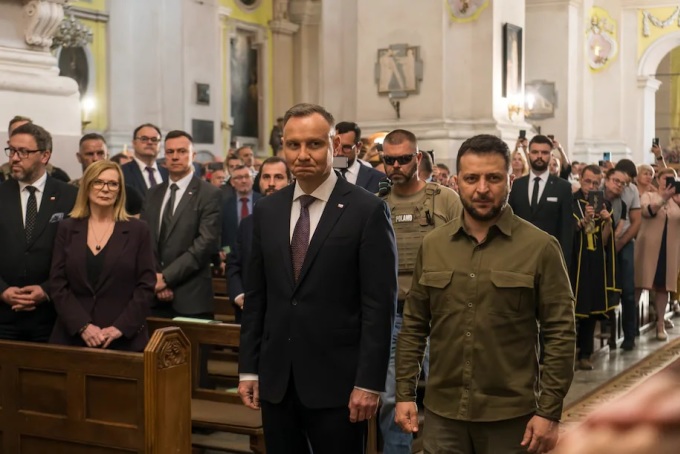
Ukrainian President Volodymyr Zelensky (right) and Polish President Andrzej Duda at an event in Lutsk, Ukraine on July 9. Photo: AP
Grain exports are an urgent, if not vital, issue for Ukraine, after Russia stepped up its attacks on Black Sea ports last month, cutting off key grain export routes to global markets.
The Ukrainian Foreign Ministry summoned Polish Ambassador Bartosz Cichocki on August 1 following Przydacz’s comments. A day later, Polish officials also summoned Ukrainian Ambassador Vasyl Zvarych.
Polish Deputy Foreign Minister Pawel Jablonski said relations with Ukraine were currently "not in the best state", adding that Ukraine "should not attack its ally".
The recent tensions are unlikely to threaten relations between Poland and Ukraine, but they illustrate the challenge Ukraine faces in trying to balance its own pressing needs with those of its neighbors, according to Washington Post analysts David L. Stern and Loveday Morris. The tensions also show signs of fatigue and strain on Ukraine’s allies as the war nears its 18th month.
"I am worried about this, because the actions of individuals, especially political leaders, are very important. I think mistakes can happen and if they do, relations between Poland and Ukraine can break down," said Tymofiy Mylovanov, head of the Kiev School of Economics.
So far, Ukrainian President Volodymyr Zelensky and top Polish officials have tried to quell any risk of a serious conflict between the two countries, including the incident in which a Ukrainian anti-aircraft missile fell on Polish territory, killing two citizens.
Responding to the grain dispute, President Zelensky wrote on Twitter that "political disputes" should not ruin relations between the two countries and that the two sides "should cool down" tensions. He stressed that Ukraine greatly appreciates "the support of Poland, which together with us forms a real European shield."
"There can be no cracks in this shield," he said.
However, observers say there is a risk of a rift, as Poland once controlled much of Ukraine and the two countries share a complex and bitter history.
In July, President Zelensky and President Duda commemorated the 80th anniversary of “Bloody Sunday,” in which Ukrainian rebels seeking to establish an independent state attacked Polish villages in the Volyn region of western Ukraine, leaving tens of thousands dead.
Mr Zelensky joined the Polish president at a religious ceremony in the western Ukrainian city of Lutsk, a gesture of reconciliation that was highly appreciated by Polish officials.
However, Poland and Ukraine still have different views on what happened 80 years ago. Poles call it the “Volyn massacre”, claiming that the Ukrainian rebels at the time wanted to eliminate the Poles in the region. Meanwhile, Ukrainian nationalists see the events as a result of the struggle between Poles and Ukrainians at the time.
Mr Duda and Mr Zelensky both tweeted that they were honouring “all innocent victims” in Volyn. However, in a separate post, President Duda wrote that he was attending the event with Mr Zelensky to “remember the murdered Poles”.
“There are two sensitive issues between Poland and Ukraine. The first is historical and it is an old issue,” said Wojciech Kononczuk, director of the Polish government-funded Center for Oriental Studies. “The other issue is Ukrainian grain.”
As farmers are a key support base for Poland's ruling Law and Justice party, the grain issue is particularly contentious for the government, which faces a vote in mid-October.
The far-right Alliance party has been campaigning against what it describes as the “Ukrainization of Poland”. Polls suggest the far-right party could come to power after the election, raising concerns that its members may seek to reduce Poland’s support for Ukraine.
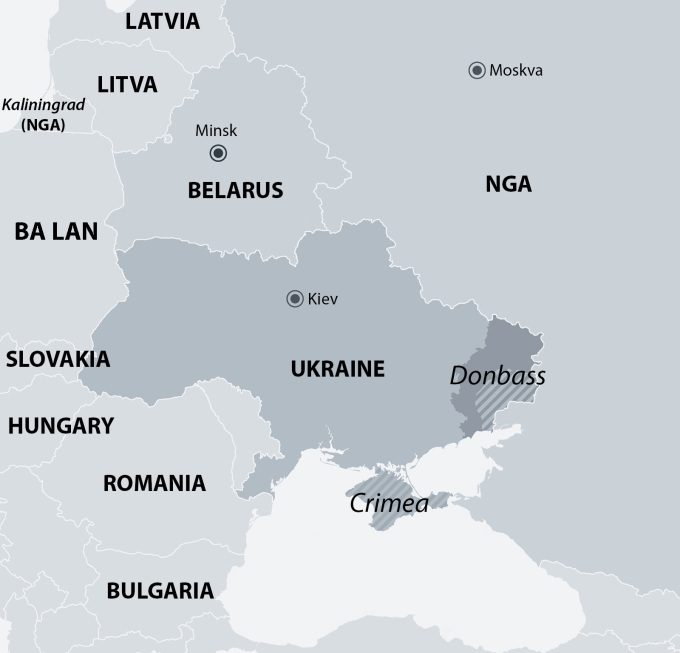
Location of Ukraine and Poland. Graphics: DW
Kononczuk said Polish and Ukrainian officials have been “emotional” in their recent spats. He said Ukraine’s recall of the Polish ambassador to Kiev caught Warsaw by surprise, especially since Cichocki was one of the few ambassadors to remain in Kiev amid the fighting and was the strongest supporter of Ukraine.
“The empathy between the Polish and Ukrainian people is at an unprecedented level,” with a “shared perception of the security threat posed by Russia,” Kononczuk said. Still, the grain dispute is unlikely to go away.
Ukrainian Agriculture Minister Mykola Solskyi said restrictions on imports from Ukraine to neighboring countries must be lifted as soon as possible.
“What will be the consequences if Ukrainian farmers cannot survive this year,” Solskyi said, adding that this was a special situation to consider.
Solsky believes that Russia’s recent decision to withdraw from the Black Sea Grain Initiative was triggered by the EU’s decision to block Ukraine from exporting food to four neighboring countries, giving the Kremlin an opportunity to tighten its grip on the Ukrainian economy.
However, Minister Solskyi is not worried about the current tensions with Poland, because "no friendship or partnership is without disputes". "If we do not disagree, the relationship seems incomplete", he said.
Thanh Tam (According to Washington Post )
Source link


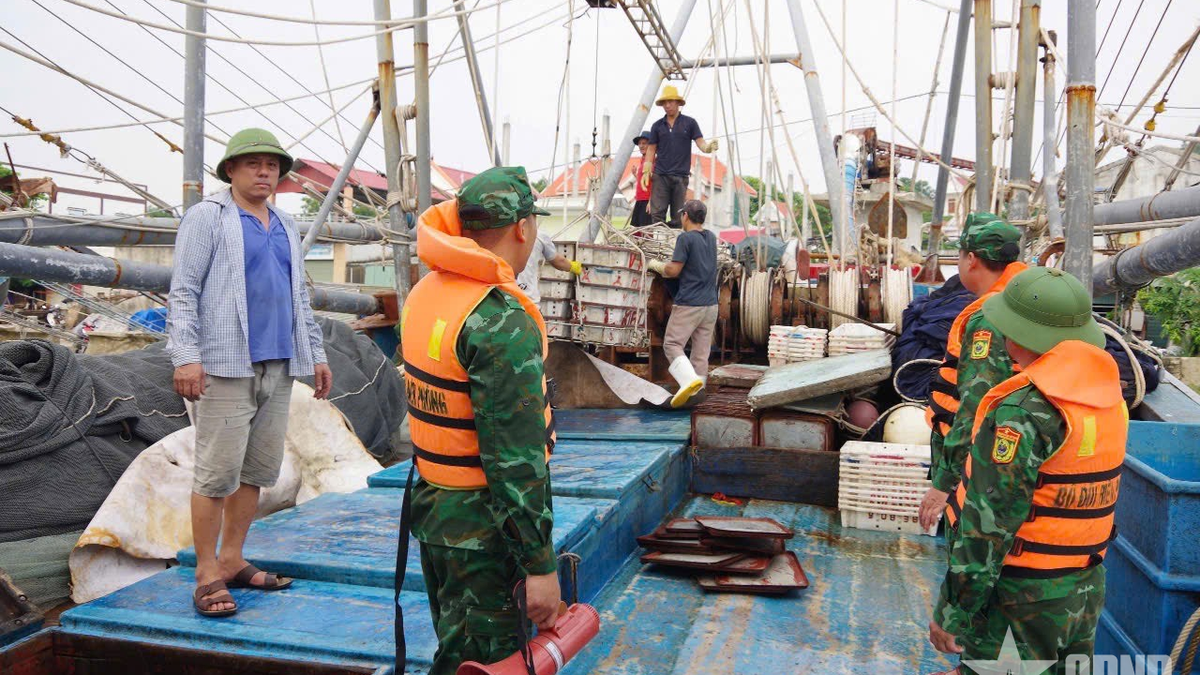
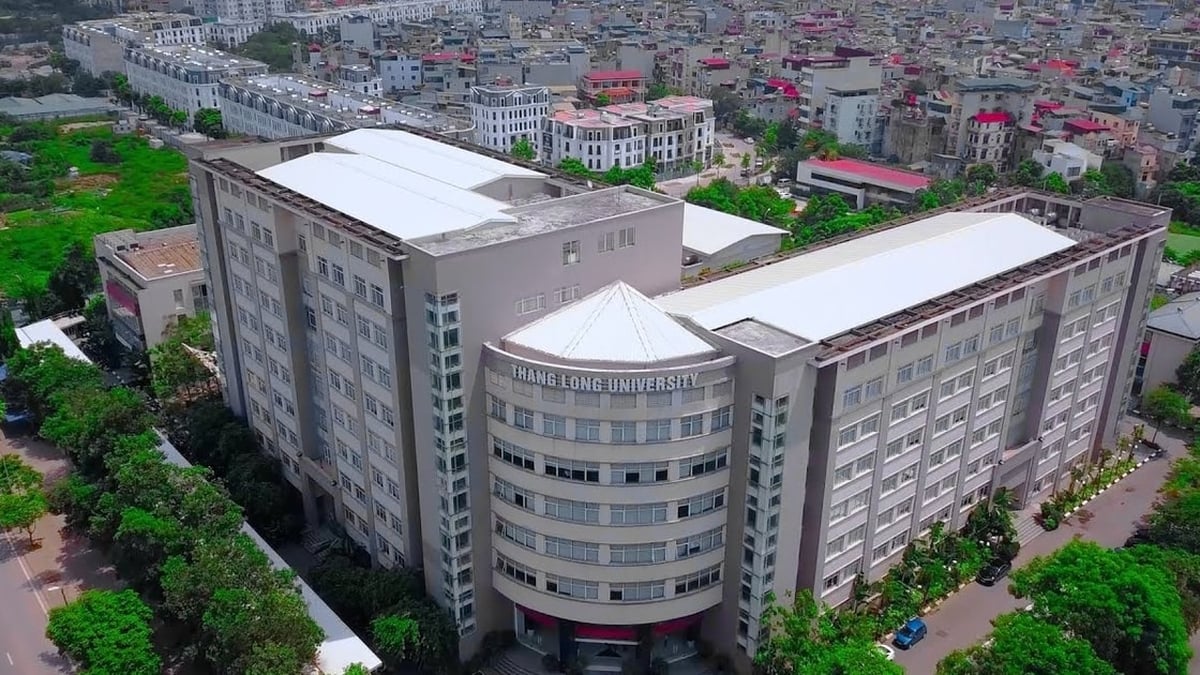
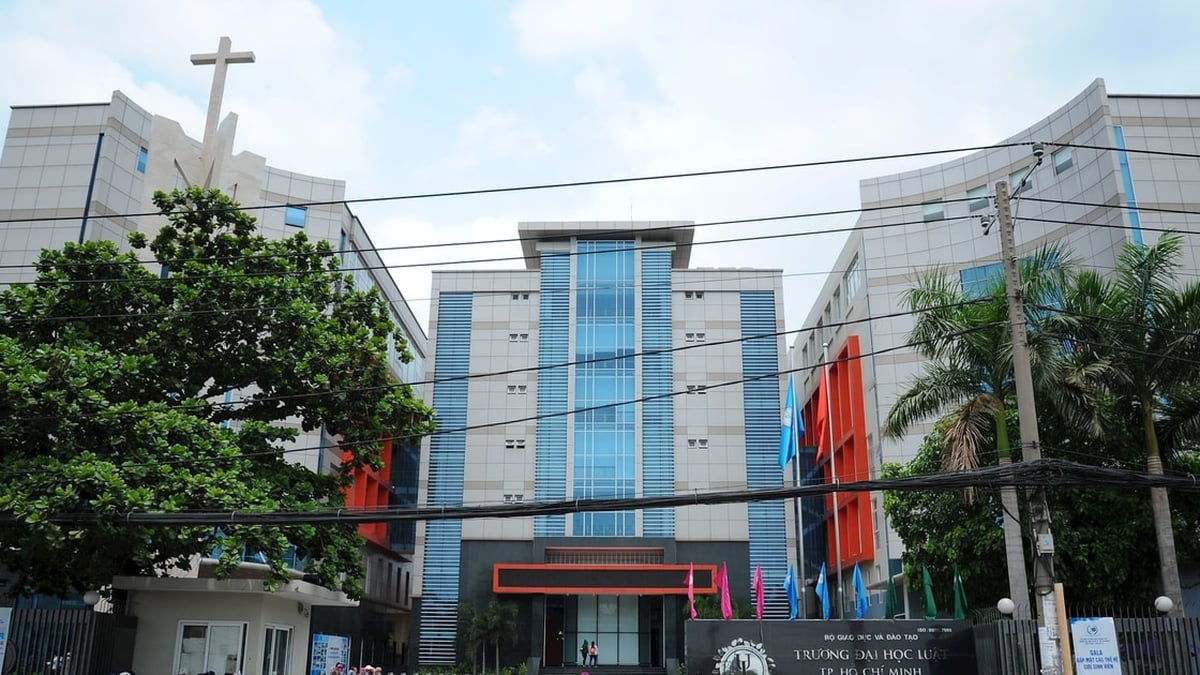
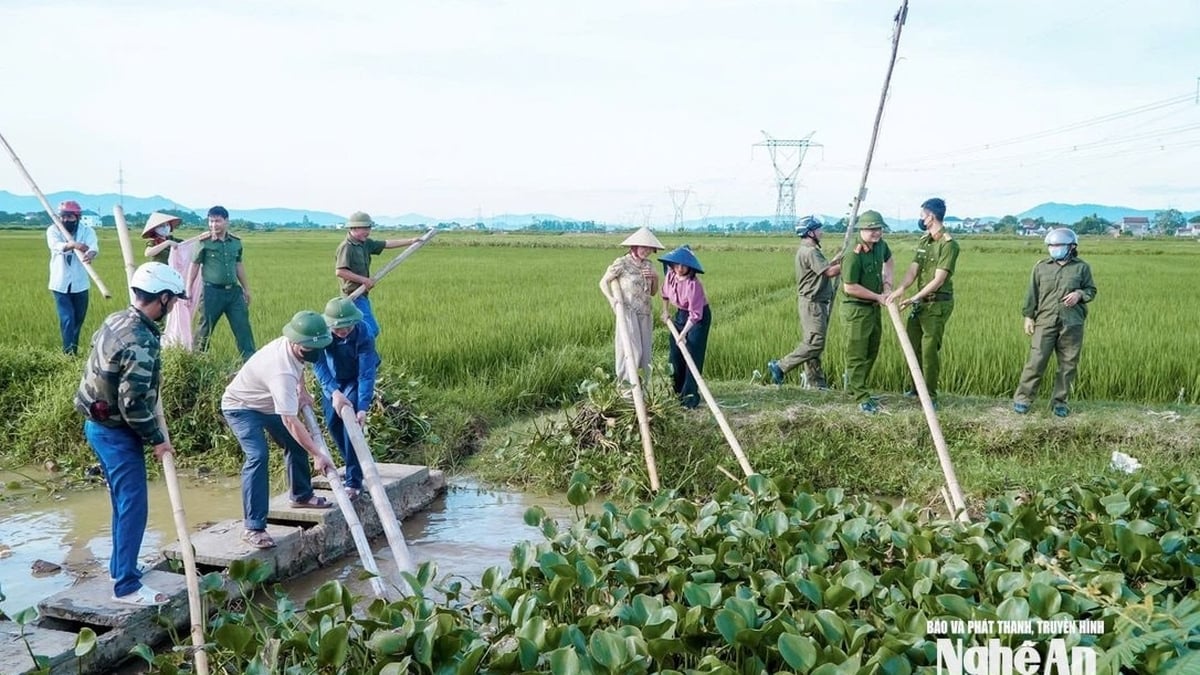
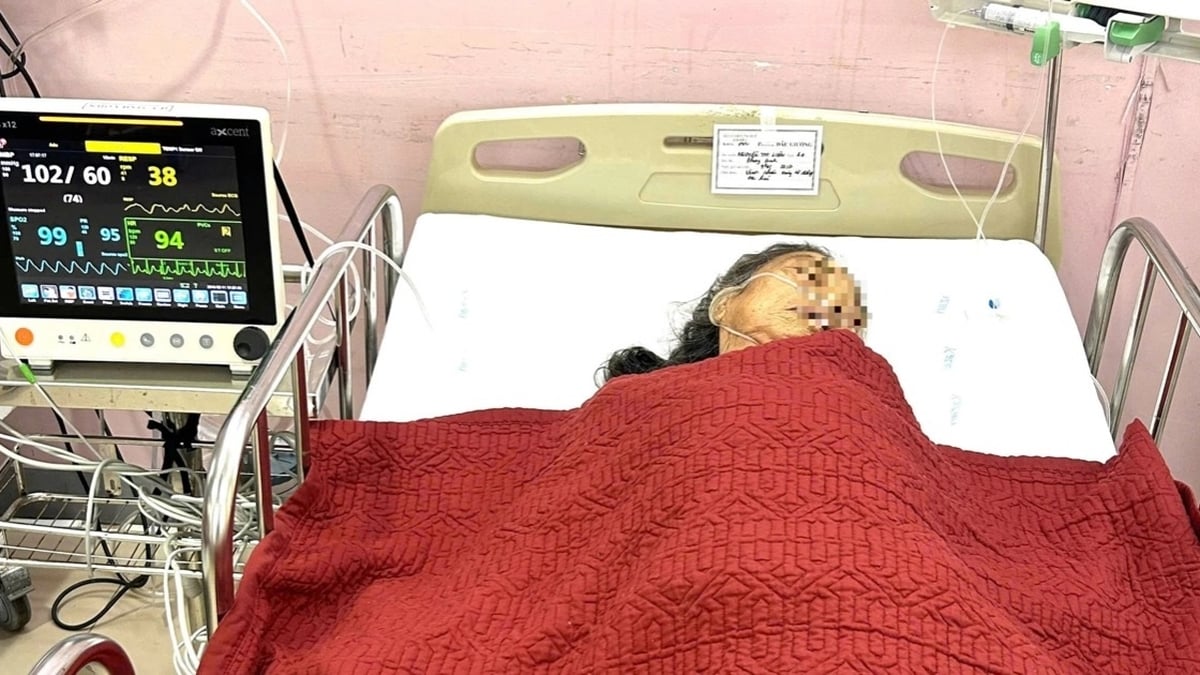
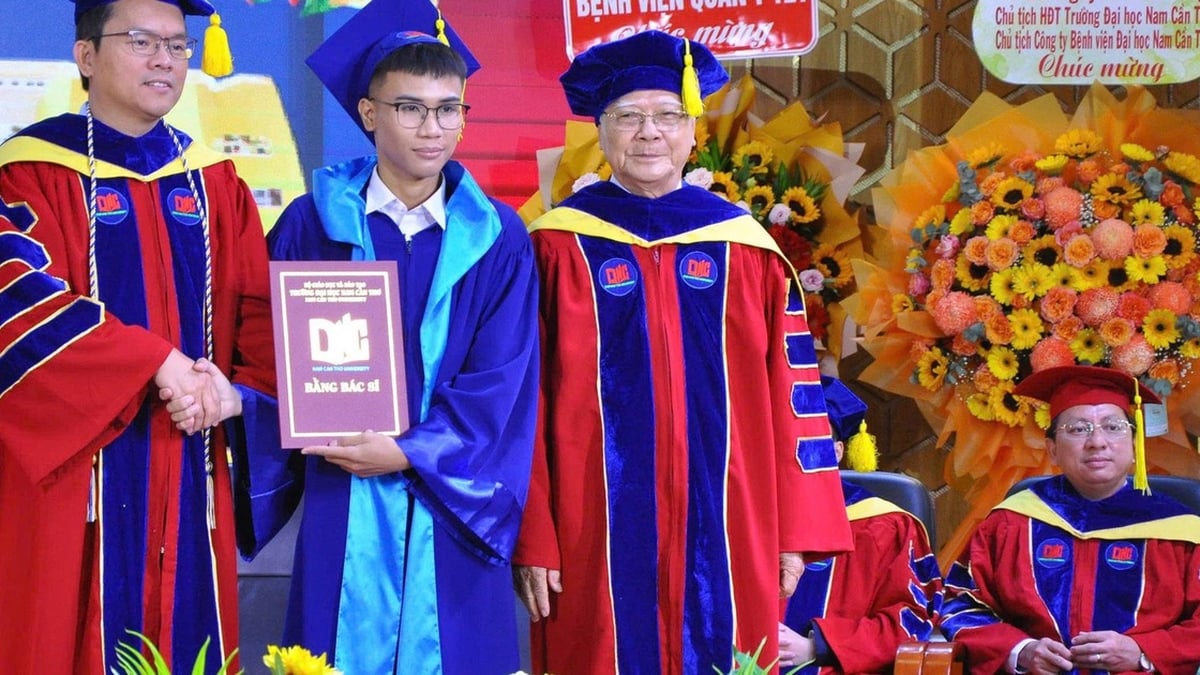
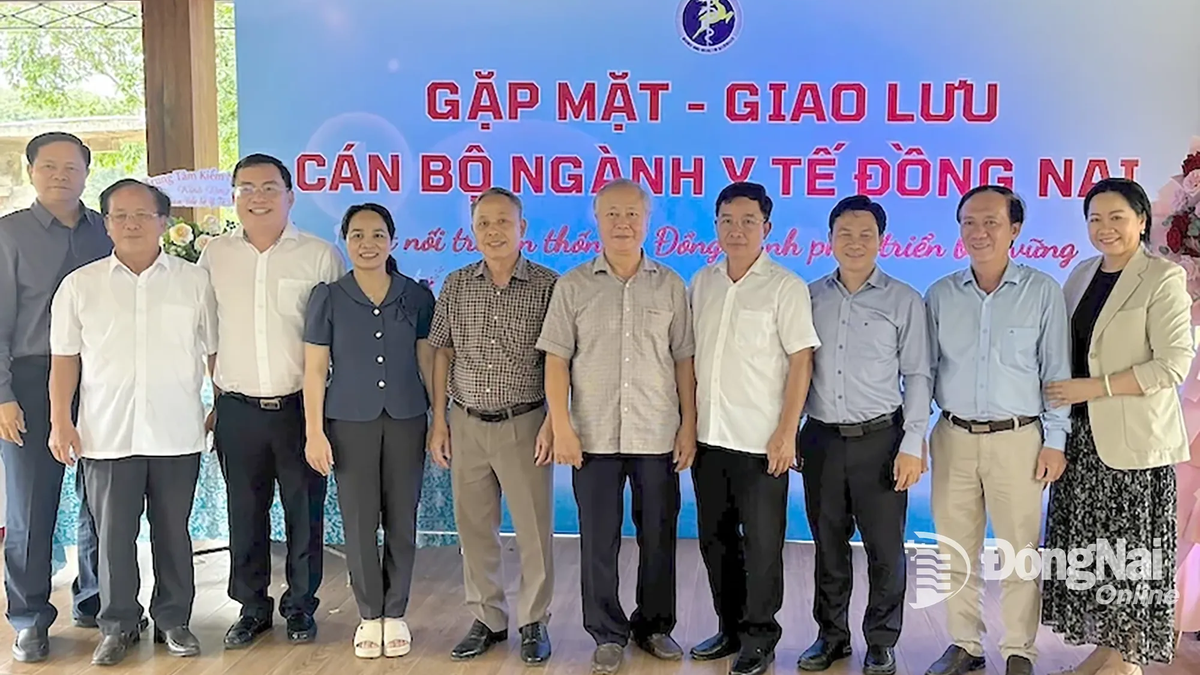
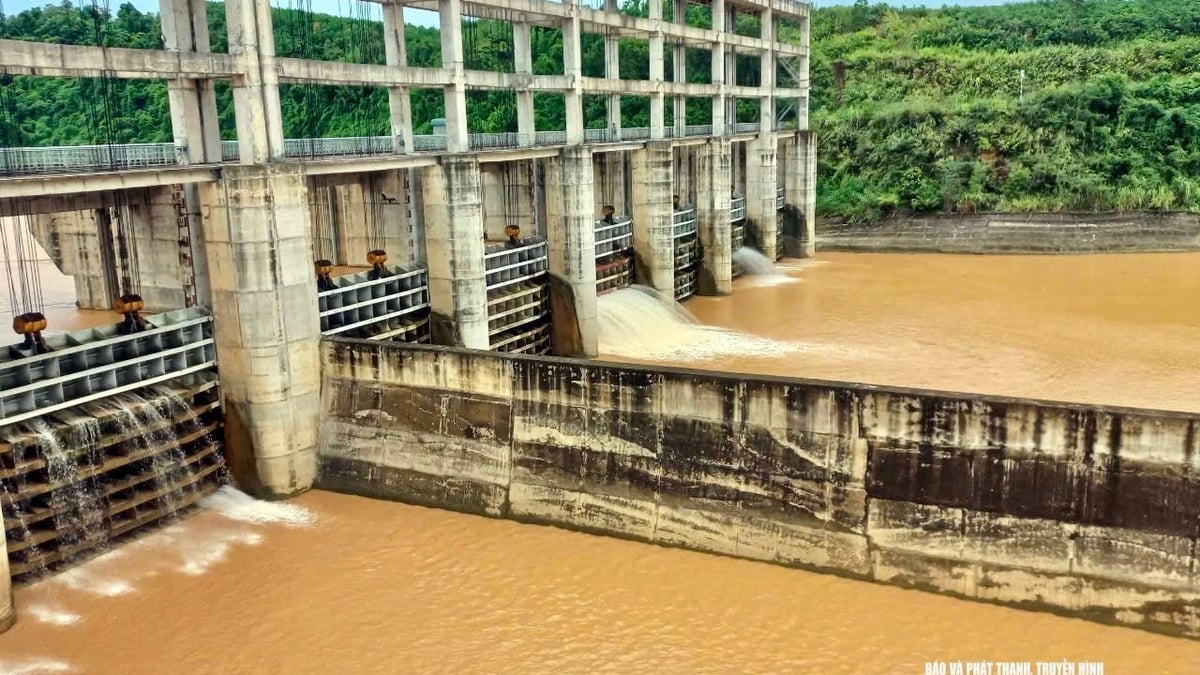
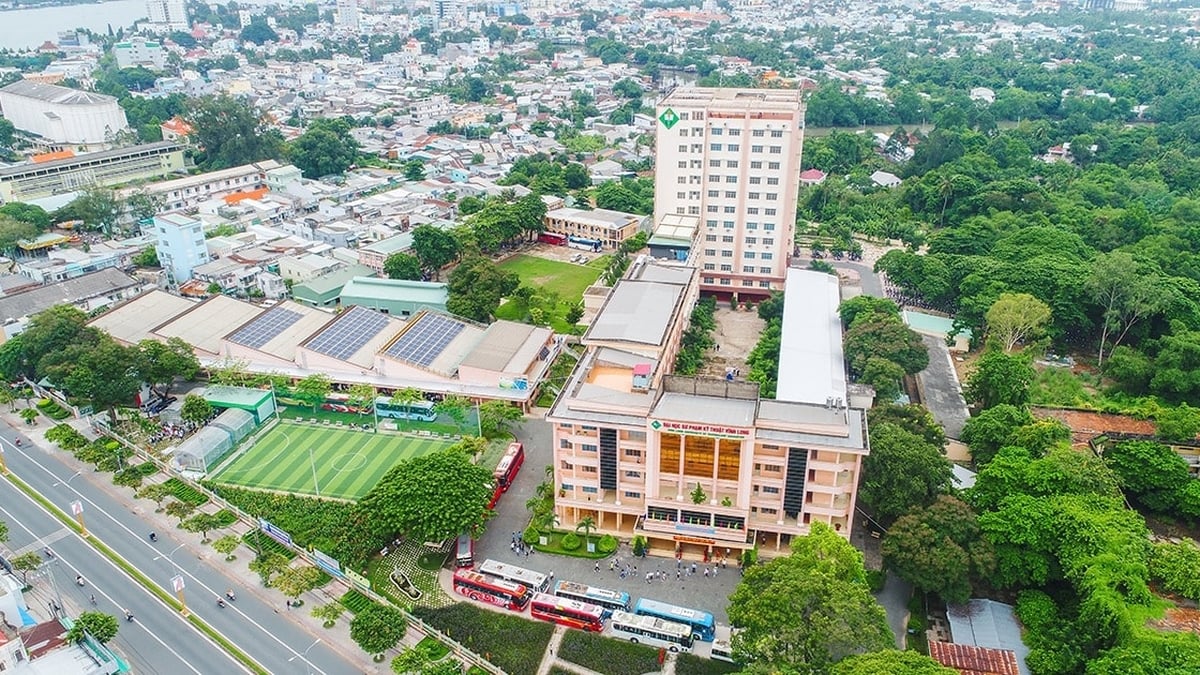

















![[Photo] National Assembly Chairman Tran Thanh Man visits Vietnamese Heroic Mother Ta Thi Tran](https://vphoto.vietnam.vn/thumb/1200x675/vietnam/resource/IMAGE/2025/7/20/765c0bd057dd44ad83ab89fe0255b783)






































































Comment (0)